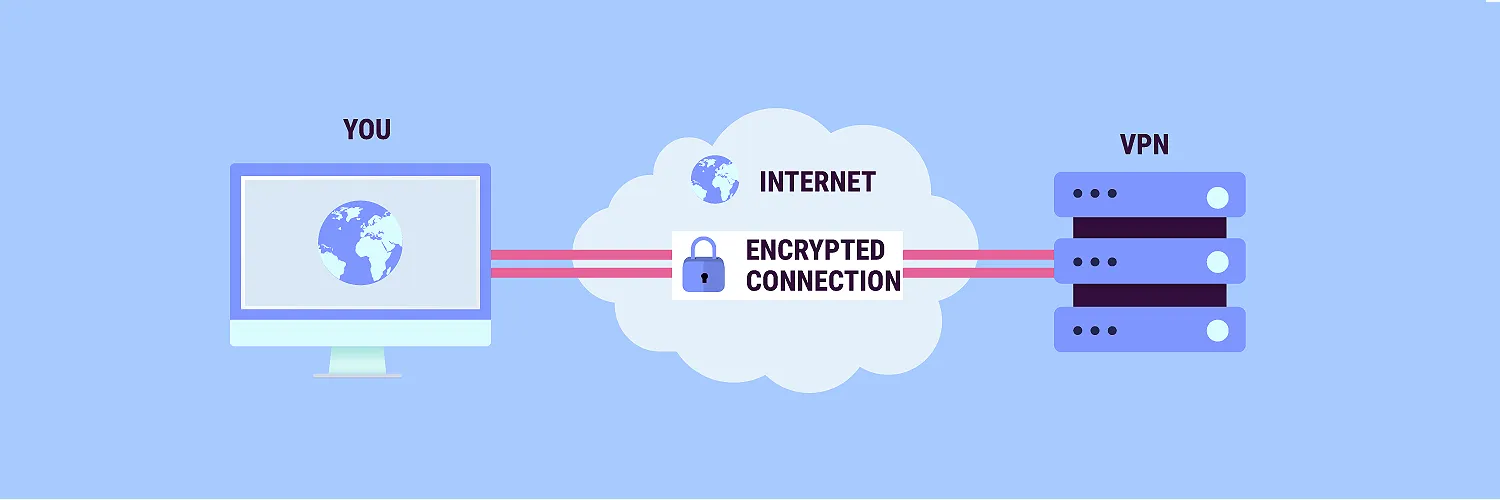When it comes to online privacy, many people assume that using a VPN (Virtual Private Network) guarantees complete anonymity. However, while a VPN can enhance your online security, it does not make you completely anonymous. Understanding the limitations of VPNs is essential for anyone looking to protect their personal information. Below, we will explore why VPNs don't provide full anonymity, yet still highlight their importance in maintaining online privacy.
The Reality of Online Anonymity
To grasp why VPNs don't make you anonymous, it's important to understand how they work. A VPN encrypts your internet connection, routing your data through a server, which masks your IP address. However, this does not mean that your online activities are completely untraceable. Various entities, such as your Internet Service Provider (ISP) and the websites you visit, can still track your behavior.
Limitations of VPNs
Here are some key limitations to consider when using a VPN:
| Limitation | Description |
|---|---|
| Logging Policies | Many VPN providers keep logs of user activity, which can be requested by law enforcement. |
| DNS Leaks | Some VPNs may expose your DNS requests, revealing the websites you visit. |
| Malicious VPN Services | Not all VPNs are trustworthy; some may sell your data to third parties. |
| IP Address Leaks | Improperly configured VPNs can still expose your real IP address. |
These limitations show that while VPNs can significantly enhance your privacy, they do not guarantee anonymity. Users must be cautious and choose reputable VPN services that prioritize user privacy.
Benefits of Using a VPN
Despite the limitations, there are several compelling reasons to use a VPN:
| Benefit | Description |
|---|---|
| Secure Data Transmission | A VPN encrypts your data, making it harder for cybercriminals to intercept your information. |
| Access Restricted Content | VPNs allow you to bypass geo-restrictions, giving you access to content unavailable in your region. |
| Public Wi-Fi Security | Using a VPN on public Wi-Fi networks adds an extra layer of security against hackers. |
| ISP Throttling Prevention | A VPN can prevent your ISP from throttling your internet speed based on your online activities. |
These benefits illustrate why using a VPN is still a wise choice for enhancing your online experience, even if it does not provide complete anonymity.
Choosing the Right VPN
When selecting a VPN service, consider the following factors:
- No-Logs Policy: Opt for a VPN that has a strict no-logs policy to ensure your browsing history is not stored.
- Strong Encryption: Look for VPNs that use strong encryption protocols, such as AES-256, to keep your data secure.
- Reputable Brand: Choose a well-reviewed VPN provider with a solid reputation in the industry.
- Speed and Performance: Ensure that the VPN does not significantly slow down your internet connection.
Conclusion: Use a VPN Wisely
In conclusion, while VPNs do not make you completely anonymous, they are a crucial tool for enhancing your online privacy and security. By understanding their limitations and choosing the right provider, you can significantly reduce your online risks. Remember, no single solution can ensure complete anonymity on the internet. Therefore, combining a VPN with other privacy measures, such as using privacy-focused browsers and regularly updating your online security practices, can provide a more comprehensive approach to safeguarding your digital life.
Ultimately, using a VPN is a step in the right direction for those concerned about privacy. While it may not make you invisible, it certainly helps protect your data from prying eyes, allowing you to browse the web with greater peace of mind.





